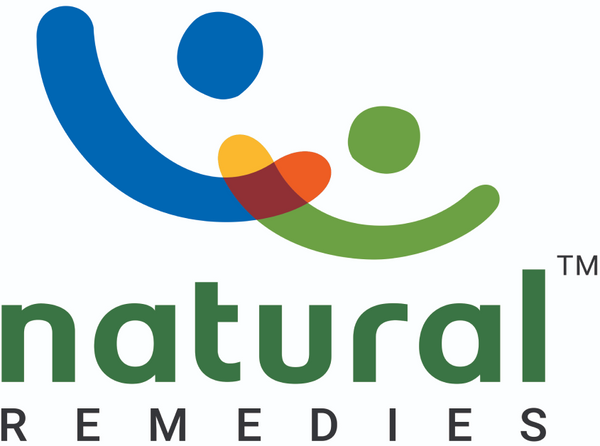Pets, much like humans, have specific nutritional needs that must be met to ensure their optimal health and well-being. While a balanced diet is the cornerstone of good health, there are times when supplements can play a pivotal role in filling nutritional gaps or addressing specific health concerns. This article delves into the role of supplements in pet health, helping pet parents discern when they might be necessary and how to select the best options.
Understanding the Need for Supplements
The primary reason to consider supplements is to address deficiencies or specific health needs that aren't being met by your pet's regular diet. Some common reasons include:
- Age-related needs: Senior pets may require supplements to support joint health, cognitive function, or overall vitality.
- Dietary restrictions: Pets on restricted or specialized diets might miss out on certain nutrients.
- Health conditions: Conditions like skin allergies, digestive issues, or weakened immune systems can benefit from targeted supplementation.
- Reproductive needs: Breeding animals might require additional nutrients to support reproduction and lactation.
Choosing the Right Supplements
With a plethora of options available in the market, selecting the right supplement can be daunting. Here are some guidelines to help:
- Consult with a Veterinarian: Before introducing any supplement, it's crucial to consult with a veterinarian. They can provide guidance based on your pet's specific needs and health conditions.
- Research the Brand: Opt for reputable brands that have undergone third-party testing for purity and potency.
- Check for Natural Ingredients: Natural and organic ingredients are often gentler on the system and free from harmful additives.
- Read Reviews: Look for products that have positive feedback from other pet parents.
- Understand the Dosage: Ensure you're clear on the recommended dosage and administration method. Over-supplementing can be as harmful as a deficiency.
Potential Benefits of Supplements
When chosen wisely and administered correctly, supplements can offer a range of benefits:
- Enhanced Immunity: Supplements rich in antioxidants can boost the immune system, helping pets fend off illnesses.
- Improved Digestion: Probiotics and digestive enzymes can aid in better nutrient absorption and gut health. Supplements like Natgut help your pet's digestion.
- Joint Health: Supplements like glucosamine and chondroitin can support joint health, especially in older pets. Orthoron helps your pet get better joint mobility in a couple of weeks.
- Skin and Coat Health: Omega fatty acids can promote a shiny coat and healthy skin, reducing issues like dryness or itching. Reliflam and Fresh Me Up and your grooming combo that will solve all your issues with one spray.
While supplements can play a beneficial role in pet health, they should not replace a balanced diet or regular veterinary care. They are, as the name suggests, supplementary – meant to enhance and support rather than replace. By understanding your pet's unique needs and doing thorough research, you can make informed decisions that contribute positively to their health and longevity.

